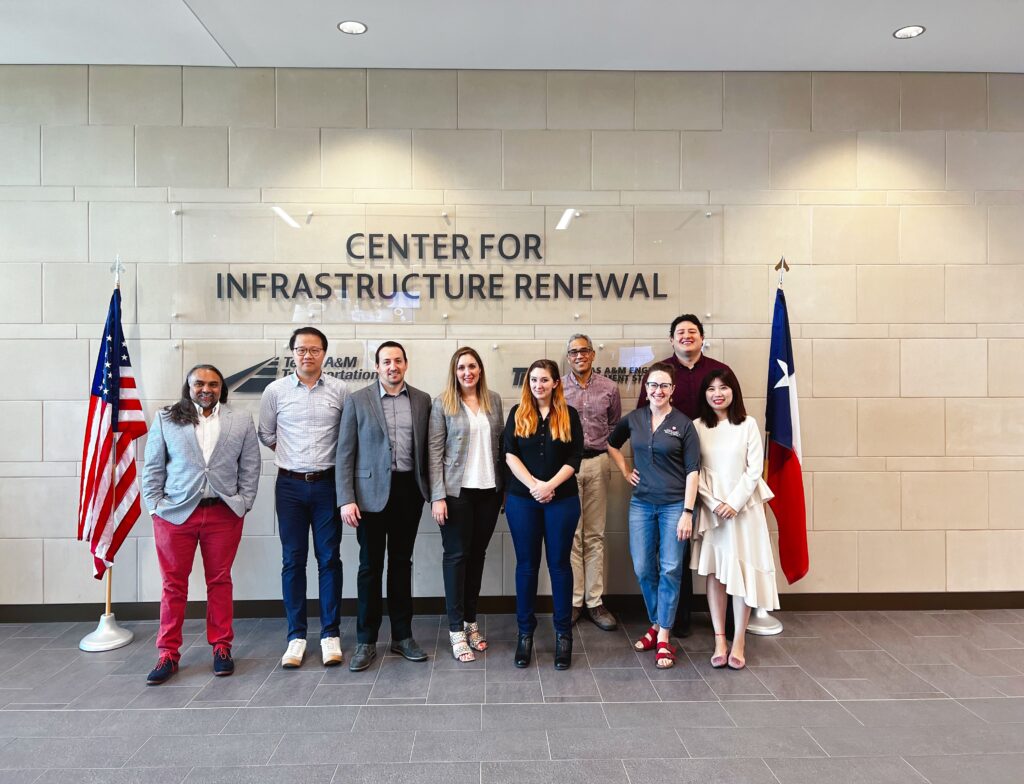Coastline and People Research Hub 2022 News and Updates
Co-Principal Investigator Mehta discusses the preservation of historic locations and cultures along the Louisiana Gulf Coast in the magazine 64 Parishes. Utilizing new technologies, he and his team are reconstructing what daily life was like over 200 years ago.
New Research Project on Concrete 3D Printing
Co-PI Sideris has initiated a new research project on concrete 3D printing, supported by the U.S. Department of Housing and Urban Development. This project will investigate the response of 3D-printed concrete walls under axial compression and out-of-plane loading. More information about this innovative building material can be found here. Sideris was also interviewed by the American Society of Civil Engineers about how innovations in building technologies and materials, like those developed by his team, can help mitigate climate change.
Collaboration on Climate Change Impacts
Team member Meyer is collaborating with four other institutions to study future climate change impacts in the Beaumont and Port Arthur areas of Coastal Texas. Meyer and colleagues from the Hazard Reduction and Recovery Center will lead the social science aspects of a $17 million grant from the Department of Energy’s new Urban Integrated Field Lab program.
NSF CAREER Grant for Koliou
PI Koliou has received a National Science Foundation CAREER grant! Through the project titled “CAREER: An Integrated Experimental and Numerical Vulnerability Assessment of Aging Housing Infrastructure and Communities,” Koliou will develop a comprehensive framework for understanding, assessing, and enhancing the performance of aging wood residential infrastructure subjected to both chronic and acute natural hazards and its impact on housing communities. CAREER grants are highly prestigious awards for junior faculty. Congratulations, Maria!
Engineering Genesis Award Recognition
The research team has received an Engineering Genesis Award from the Texas A&M Engineering Experiment Station. These awards recognize projects that secure funding of $1 million or more. Our team was one of two projects honored at the 2022 awards ceremony.

First In-Person Research Team Meeting
The first in-person meeting for the entire research team was held at the Texas A&M University RELLIS campus. Researchers and evaluation team members came together for a two-day workshop to plan for Year 2 of the research and engagement activities.
NSF-Funded Research Conferences
Koliou and Meyer served as co-PIs and co-organizers for NSF-funded research conferences on “Moving Resilience Research to Action in the Gulf Region.” Climate change is impacting the lives and livelihoods of millions in the Gulf Region, from Florida to the Texas coast. This area includes urban centers such as Houston, the fourth largest and one of the most diverse cities in the U.S., as well as mid-sized cities and small coastal towns. The virtual conference attracted over 200 scholars and stakeholders over three days, aimed at building a community of practice focused on translating climate resilience research into action. Read the conference outcome report here.
Funding for Disaster Planning in Small Communities
Co-PI Yu and his team received funding from the Gulf Research Program of the National Academies of Sciences to enhance disaster and climate change planning capacity in small towns and rural communities along the Gulf Coast. The project aims to strengthen the planning Community of Practice to address hazards and climate change, while also improving equity for communities of color and low-income populations. Four disaster and climate change planning tool “packages” will be developed, covering Risk Analysis, Housing Vulnerability, Plan Integration for Resilience Scorecard for Small Towns, and Integrating Hazards into Comprehensive Plans.
Development of 3D-Printed Hempcrete Buildings
Team members Sideris, Koliou, and Puppala have received a Department of Energy grant for the development of 3D-printed hempcrete buildings. This project aims to improve the sustainability and resilience of buildings by testing modern structures that meet specific design and performance guidelines using this more sustainable construction material.
CRISI Grant for Rail Infrastructure Resilience
Co-PI Wang from the University of Oregon, along with partners from San Jose State University, Michigan State University, the University of Hawaii at Manoa, and industry partner ENSCO, was awarded a $4.6 million CRISI grant from the Federal Railroad Administration to study climate change impacts on rail infrastructure resilience.
Green Infrastructure Plan for Houston Community
Co-PI Yu is part of a Texas A&M Superfund Research Team that has developed a green infrastructure plan for a Houston community. This plan aims to enhance protection from flooding and toxic exposure compared to traditional development and infrastructure services.
Training Program for Planners
Siyu Yu and research collaborators from the Hazard Reduction and Recovery Center and the University of North Carolina at Chapel Hill have launched a training program for planners across the country in partnership with the American Planning Association. This program encourages planners to utilize the Plan Integration for Resilience Scorecard as a tool to assess how their plans and development strategies may either undermine or support resilience.
These recent achievements showcase the commitment of Texas A&M University’s faculty and students to advancing research and addressing critical issues related to climate change and infrastructure resilience.


